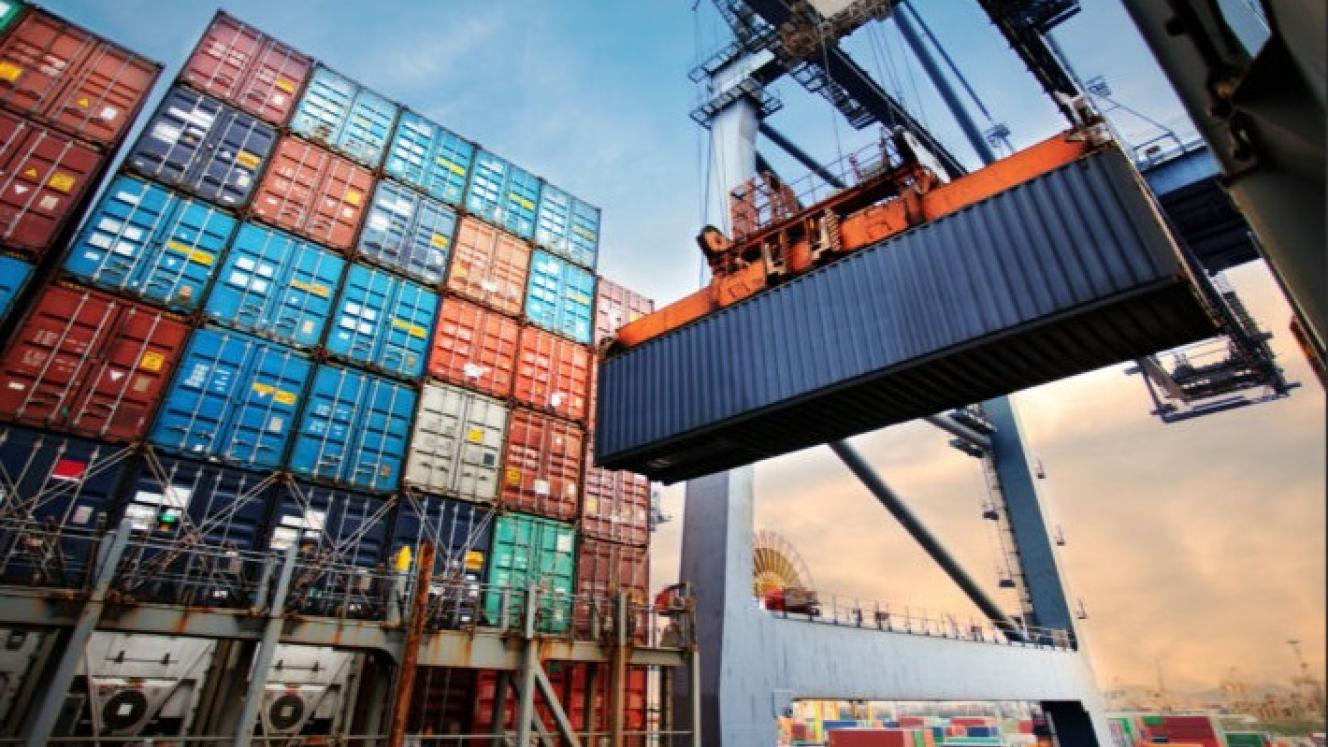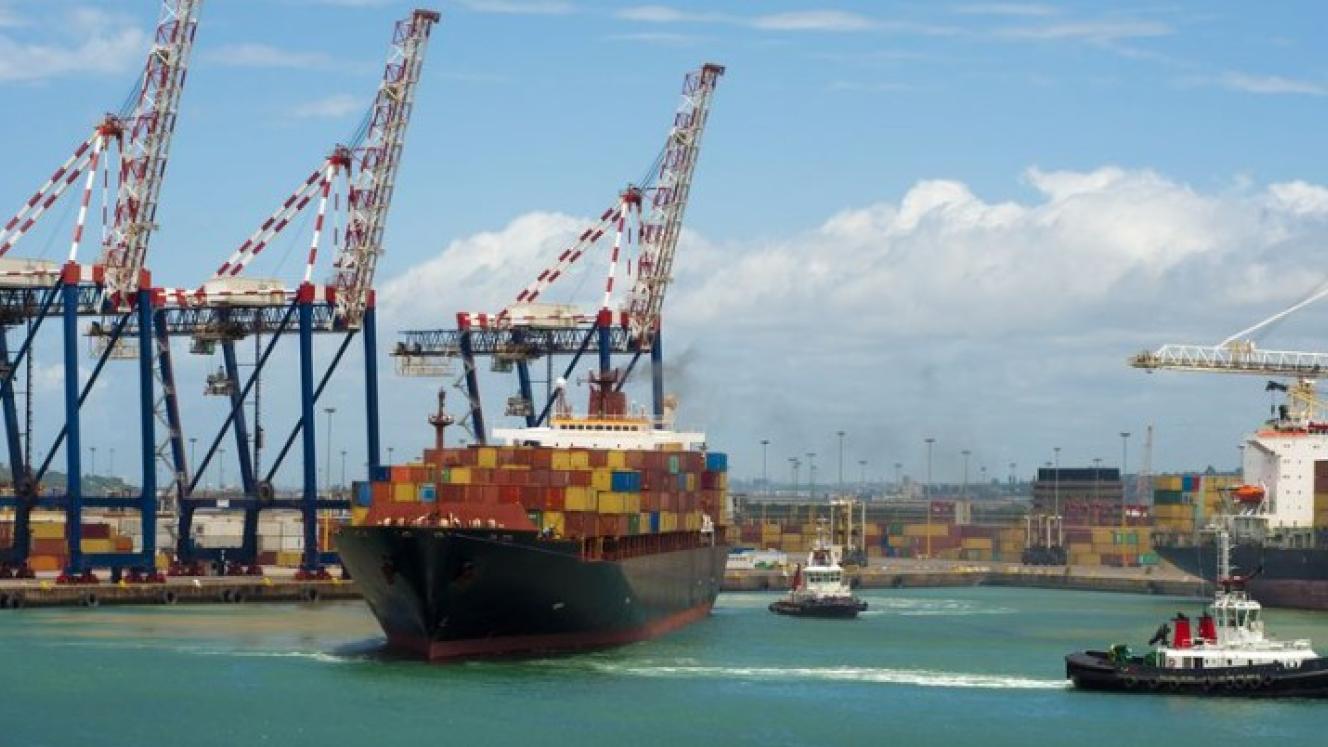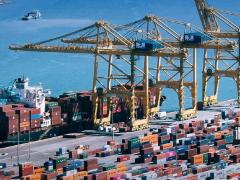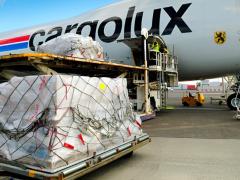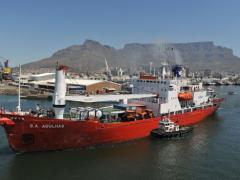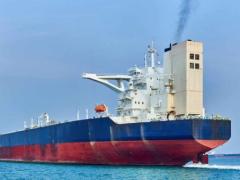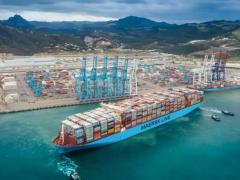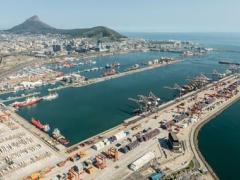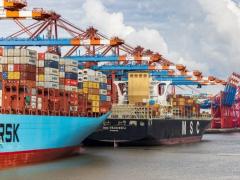A rush of front-loading across the globe is expected as freight operators and exporters scramble to get shipments in while the week-long reprieve for exports to the US is in play before “Trump tariffs” are implemented on 7 August.
The latest reprieve, announced on Thursday evening, is widely expected to cause a sharp – albeit temporary – surge in cargo traffic, as businesses race to beat the new deadline.
The White House’s decision to postpone duties of between 10% and 50% on goods from 69 countries, including key trading partners, has injected urgency into global shipping schedules.
As has been the case since “reciprocal tariffs” were first announced on 2 April, ongoing US trade uncertainty is expected to prompt “classic front-loading behaviour,” with companies fast-tracking deliveries to avoid being hit by higher import costs.
“This is entirely consistent with previous trade shocks – particularly those witnessed during the 2018 US–China tariff war,” recent analysis by Dutch bank ABN AMRO said.
“Firms will pull forward shipments in order to clear customs before the new tariffs come into force.”
The logistics impact is already being felt. Shipping executives quoted by Reuters have warned of imminent congestion at major US ports and “intensifying pressure on ocean freight rates” as space becomes increasingly scarce.
Rates on trans-Pacific routes have reportedly risen by as much as 12% in the past 48 hours, with exporters scrambling for limited slots on eastbound sailings.
The ripple effects may extend well beyond North America. Freight forwarders in Europe and Asia anticipate a knock-on impact on container availability, particularly in hubs such as Rotterdam, Hamburg and Shenzhen, as carriers prioritise US-bound freight.
Meanwhile, The Financial Times reports that some retailers and manufacturers are stockpiling goods in US warehouses, hedging against potential long-term price volatility if further tariffs are introduced later this year.
“What we’re seeing is not just trade distortion – it’s a kind of supply chain whiplash,” said one senior trade consultant.
However, the boom may be short-lived. Shipping analysts warn that the expected spike in demand could be followed by a sharp drop-off after 7 August, leading to excess capacity, falling rates, and volatile logistics conditions.
“We’ve seen this pattern before,” UK logistics multinational Spatial Global said in a briefing.
“After the front-loading rush comes the slump.”
The International Monetary Fund (IMF) has also flagged concerns, noting in its latest global outlook that such policy-driven volatility could weigh on the fragile post-pandemic recovery.
“Tariff uncertainty remains a downside risk to global trade flows,” the IMF said in response to Trump tariff developments.
